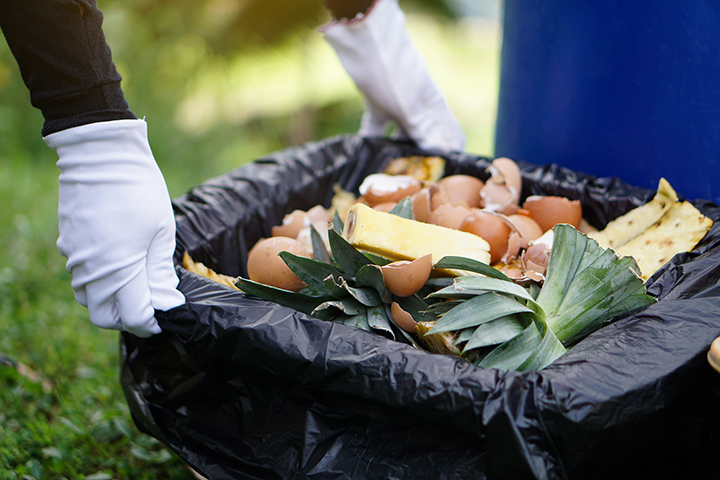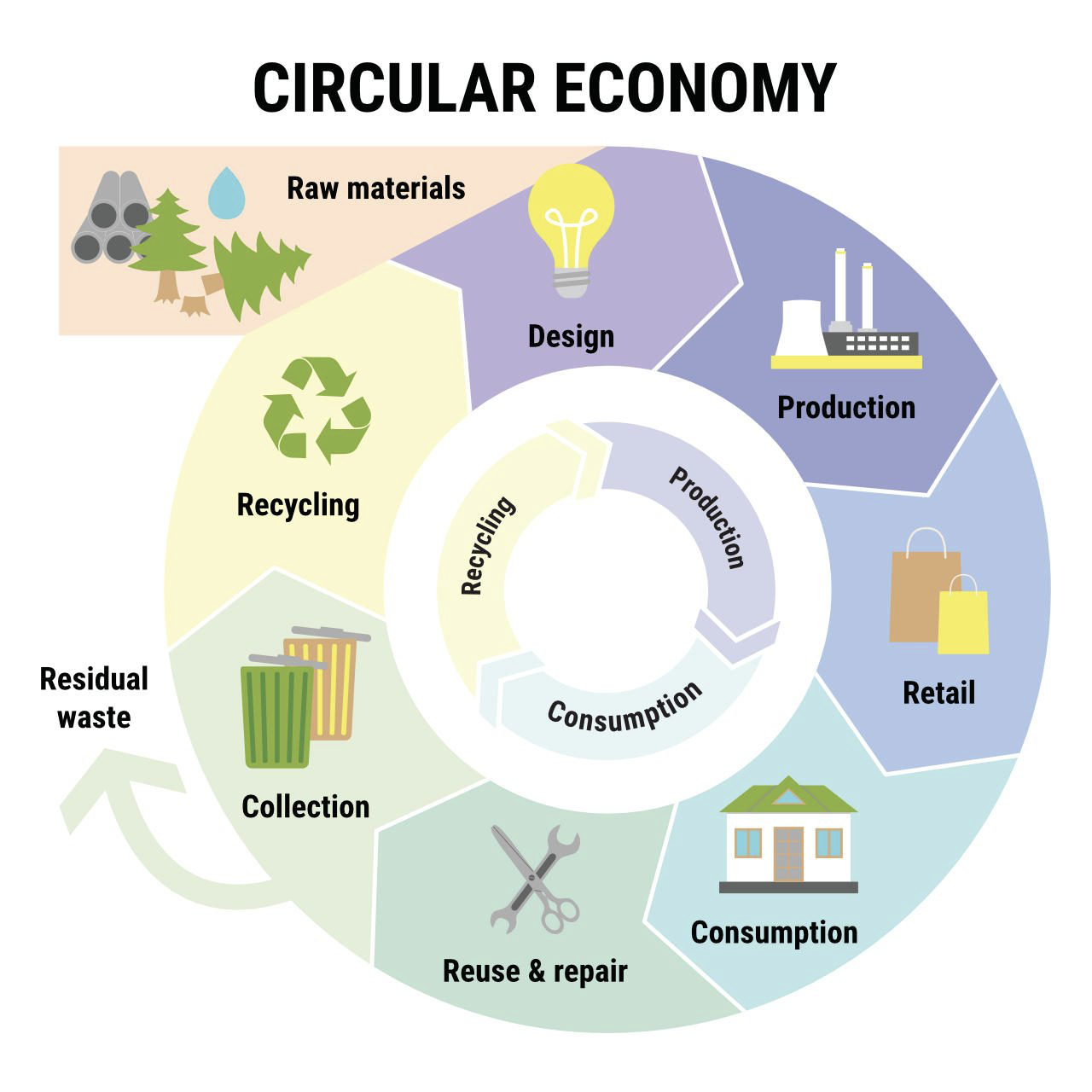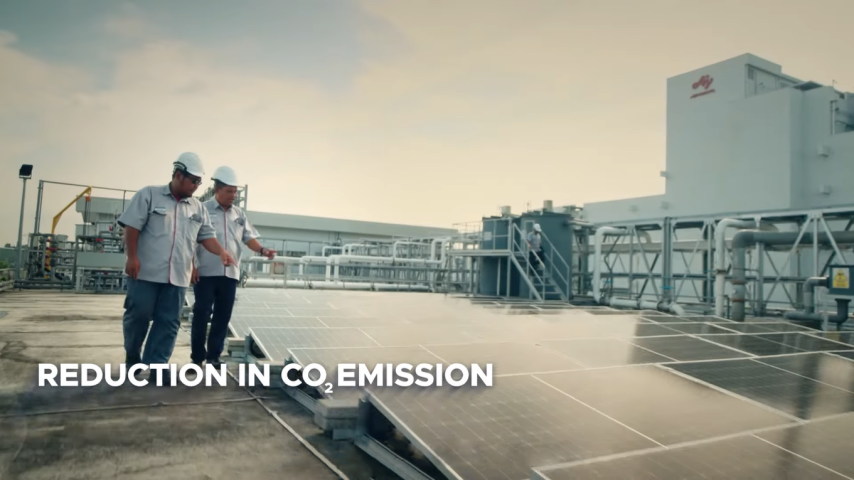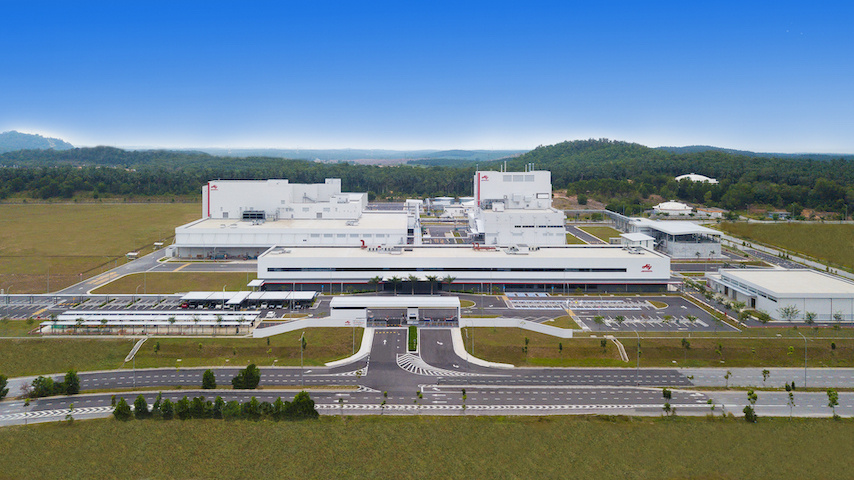Sustainable Food Waste Management

It might surprise you that roughly one-third of the food produced globally is lost and approximately half of the solid waste in Malaysia comprises organic waste, with food waste playing a considerable role. This paints a shocking and distressing picture of how much precious resources are being wasted.
Yet, within this problem lies an incredible chance for progress. By making food waste reduction a core principle of the circular economy, we can unlock numerous advantages by encouraging a circular economy by managing food waste involves changing our perspective from considering it as "waste" to recognising it as a valuable "resource".
Understanding the Food Waste Crisis
The study shows that around 33% of global food production is discarded yearly, reaching a staggering 1.3 billion tons. This immense waste permeates every stage of the supply chain, including food production, distribution, retail, and consumption.
The impact of food waste generated on the environment is significant. When discarded food is deposited in landfills, it undergoes decomposition in the absence of oxygen, resulting in the emission of methane—a highly potent greenhouse gas which is pressing the problem of climate change, leading to higher temperatures, more frequent extreme weather events, and the deterioration of ecosystems.
Importance of Food Waste Management
Food waste management is the process through which we handle and treat wasted food. This necessitates not just responsibly disposing of disregarded edible items, but also finding ways to reduce food waste generation in the first place.
Proper food waste management can present numerous benefits. Not only does it lead to significant cost savings for households and businesses alike, but also plays a vital role in environmental conservation. Undeniably, minimising food wastage helps reduce greenhouse gas emissions and lower our carbon footprint.
Moreover, embracing better food waste prevention practices also opens doors to potential economic opportunities such as composting or converting this waste into energy sources. Such ventures can create jobs while solving an environmental crisis simultaneously.
Food Waste Management Solution and Circular Economy

Image via certificationeurope.com
Food waste management isn't just about eliminating unnecessary disposal; it's about implementing systems where waste is avoided at its source. Think of this as your restaurant kitchen, where predicting customer demand links with portion control, ensuring less excess food heads to dustbins.
But how does a circular economy fit into this picture? The idea behind it is astonishingly simple yet potent - reduce, reuse, and recycle. In a perfectly circular economy, there's no "end of life" for any product or – in our case – any ingredient. You take what was once considered waste and transform it into a new resource.
But remember that success in food waste management lies not only within households or restaurants but also on larger institutional scales like factories and farms. Here’s where composting comes into action - by turning organic scraps into nutrient-rich soil amendments which benefit agriculture.
From Food Waste to Compost
Composting is an organic process requiring minimal materials and effort. It just involves placing your food scraps into a compost bin or pile instead of the dustbin. The method transforms these scraps into nutrient-rich material that helps gardens thrive.
Contrary to popular beliefs, all foods are not suitable for composting. Meat, bones and dairy products can cause foul odours and attract pests. On the other hand, fruit peels, vegetable scraps, coffee grounds etc., have essential nutrients for good compost.
Over time, with warmth and moisture, these scraps decompose to form compost which is perfect for gardening purposes. This natural fertiliser enhances soil structure more effectively than chemical counterparts without damaging the environment.
Remember that even the smallest step towards efficient resource use can lead to significant environmental improvements! With food composting in your daily routine, it becomes easier to contribute individually towards eco-friendly practices leading us to a sustainable future.
Ajinomoto Malaysia's Food Waste Management

Ajinomoto Malaysia (AMB) is taking initiative in the provision of sustainable food supply and the effort in reducing environmental impact through our advanced taste and texture technology, reducing food loss by prolonging the freshness of meat and rice.
AMB promotion of food waste management is not just limited to our own operations but also extends to our customers and the wider community. By sharing best practices, supporting food rescue programs, and investing in research and development for innovative food waste solutions, we actively contribute to the larger goal of reducing food waste and its environmental impact.
We play a vital role in creating a more reliable and efficient food system by prioritising sustainability and engaging various stakeholders. Our ongoing efforts inspire others to join the cause and work towards a future where food waste is minimised, resources are optimised, and our planet thrives.


